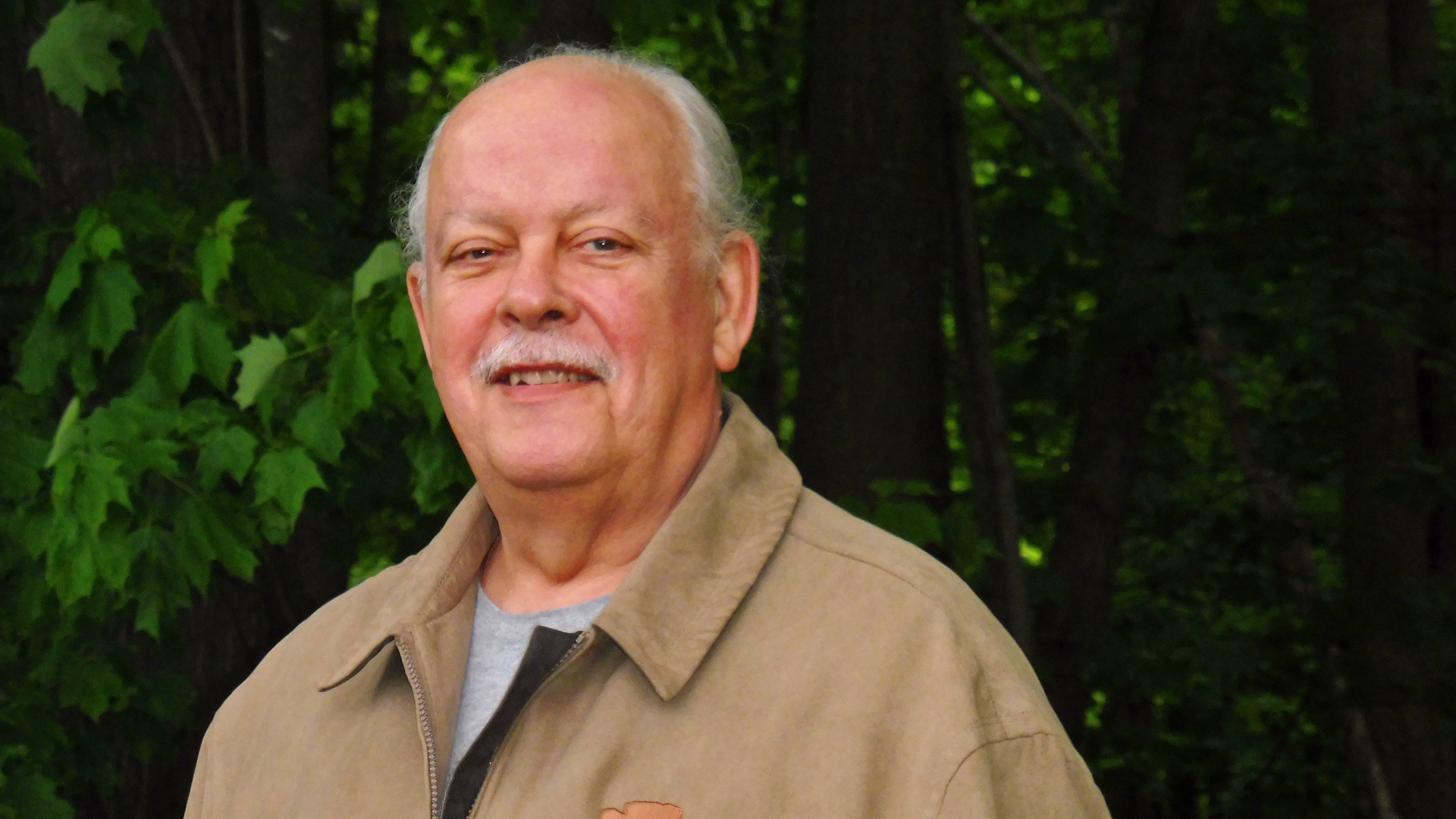
Isle Royale’s Bill Fink made headlines across the country for sticking to his principles: when told to stay home by the government, he refused to leave his post.
Isolated and iconoclastic, Isle Royale National Park is something of an anomaly among US National Parks, with its territory spread over 200 islands and outcroppings emerging from the frigid waters of Lake Superior, part-way between the US state of Michigan and Canada.

Isle Royale’s former Superintendent, Bill Fink (no relation to me), is an iconoclast himself, almost as if the qualities of the archipelago rubbed off on him during his four years running operations there from 1990 to 1993.
“I was landlord, head plumber, chief of police, phone operator; you name it, I did it,” he said. “Being so remote, so far north and being on an island, you really have to become self-sufficient.”
Being so remote, so far north and being on an island, you really have to become self-sufficient.
Regular supply boats and ferries arrived from the mainland during the park’s open season from May through September, but even during times of tough weather, faulty supplies or failing electricity, Fink was happy to spend time on the islands. “Better than staying on the mainland during the winter and feeding the administrative monster,” he recalled.

Fink’s passion for the national park system continued when he left Isle Royale to helm the Keweenaw National Historical Park, also in Michigan, in 1994. That year, when Congress shut down US government operations during a budget battle and told all federal employees to stay home, Fink refused to leave his post. “I was working hard to provide a good experience for taxpayers, and stopping that just seemed asinine.”

So Fink stayed at work, and even tried to start a movement called FEISTY, which stood for “Federal Employees In Service To You.” After Fink’s stand made headlines across the country, the federal park bureaucracy made threats ranging from arrest to firing; however, Fink stuck to his principles, escaping with only a mild written reprimand. The government eventually returned to work, and Fink continued at the Park Service until his retirement in 2004.

Given Fink’s feisty character, it’s not surprising that his recommendation for Isle Royale visitors is to strike off the beaten path. For example, rather than hike what he calls a boring “green tunnel” through the forest, where the thick foliage obscures any scenic views, Fink suggested going for a long canoe paddle around and into the 45-mile-long, nine-mile-wide main island of Isle Royale. Without stomping footsteps to disturb them, paddling visitors may be able to spot some moose, or even the last of the island’s native wolf population.
Lift up the canoe for a portage and you can set down in the island’s little-travelled streams or even a couple of interior lakes. For fishing and solitude, Fink recommended Ryan Island on Isle Royale’s Lake Siskiwit, which holds the dizzying distinction of being “the biggest island in the biggest lake on the biggest island in the biggest lake in the world”.

For the truly adventurous (and trained), Fink highlighted another unique characteristic of the park: two-thirds of it is underwater, and Lake Superior is littered with shipwrecks dating from the mid-1800s to the 1930s. Experienced scuba divers regularly explore the wrecks – but the same storms that created the wrecks can make diving a hazardous activity.
Fink still lives in Michigan’s Upper Peninsula, just a short trip from Isle Royale. He remains active in environmental programs, and hopes to inspire the next generation of dedicated park rangers in Rotary leadership camps. But most of all, he believes that the islands, shores and deep waters around Isle Royale will continue to be a great place to explore for years to come. “The more we learn about the park, the more we realize how much we still don’t know,” he said.

If you liked this story, sign up for the weekly bbc.com features newsletter, called “If You Only Read 6 Things This Week”. A handpicked selection of stories from BBC Future, Earth, Culture, Capital, Travel and Autos, delivered to your inbox every Friday.